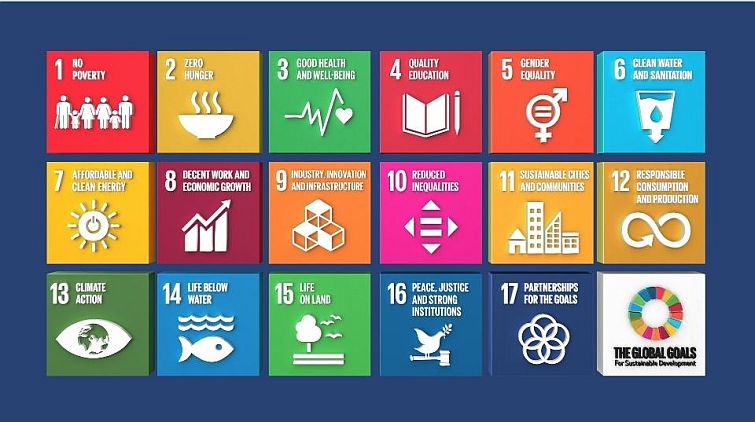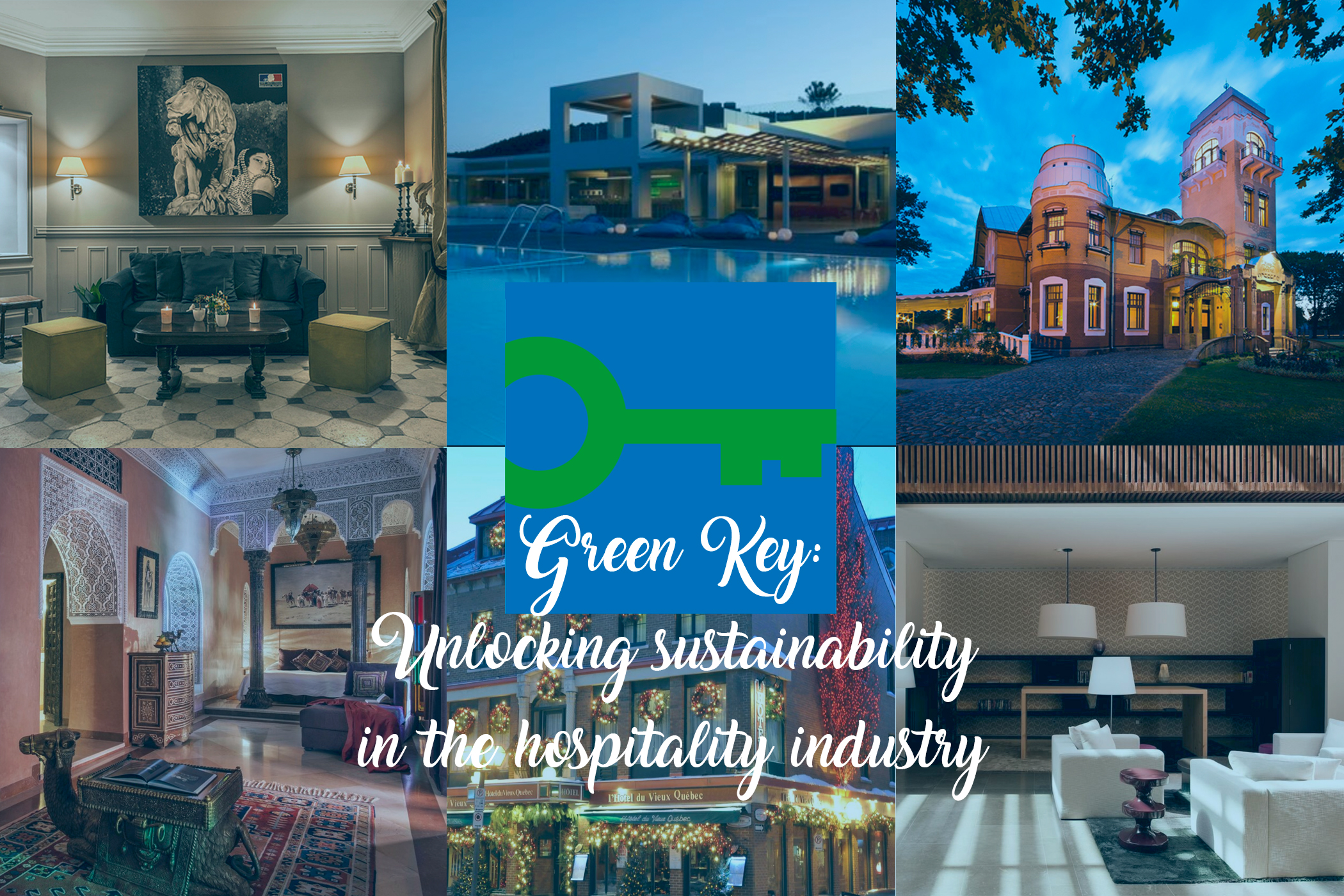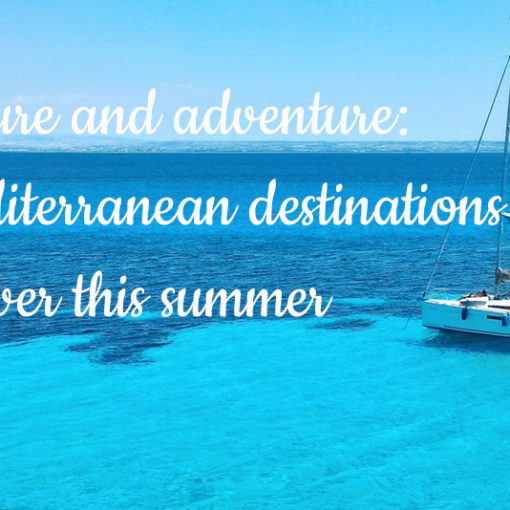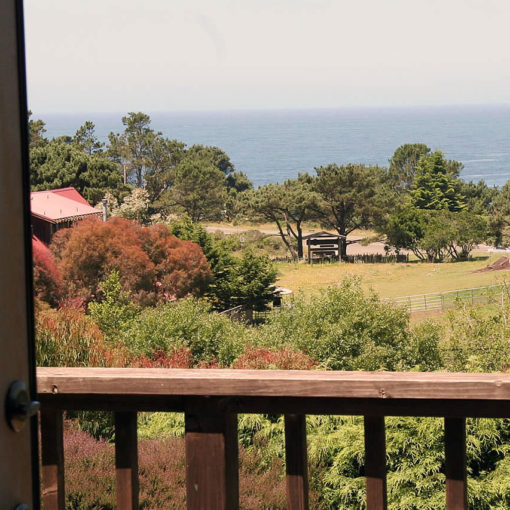Share This Article
Sustainability in the hospitality industry has risen up the agenda as we enter 2021. The pandemic is starting to loosen its grip with the roll out of vaccines together with testing regimes and improved hygiene protocols. Hoteliers can start thinking about how to attract guests and raise occupancy rates to sustainable levels.
The world has certainly changed during 2020. Alongside the daily news about Covid-19, the state of our planet has also come center stage. Everyone is talking about sustainability, including your guests. It is on our minds at home when we try to reduce our plastic use and in the workplace as more and more businesses are setting sustainability goals.
Are you addressing travelers’ environmental and social expectations?
This concern for the environment and creating a better world for future generations is intrinsically relevant for the travel and tourism industry. Travelers are attracted by destinations and hotels have a vested interest in protecting them. But as well as saving the planet, people have social concerns such as reducing poverty and hunger.
“70% of global travelers say they would be more likely to book an accommodation knowing it was eco-friendly, whether they were looking for a sustainable stay or not.”
Source: booking.com research
Travelers are desperate to travel again and they are looking for sustainability in the hospitality industry.
Sustainability makes business sense
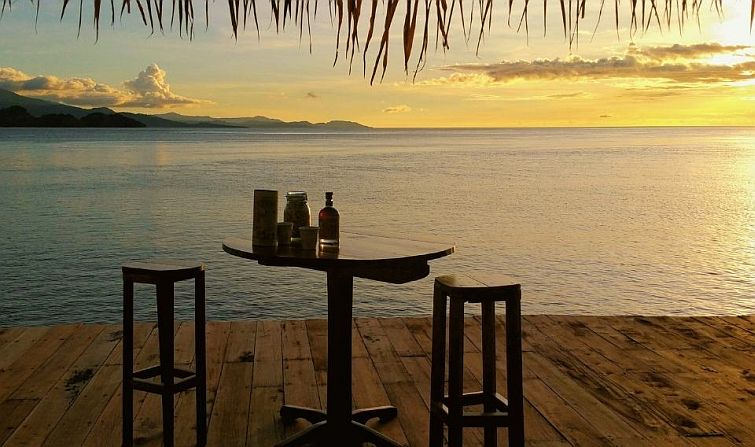
The coronavirus pandemic has shown very clearly that those companies with sustainability at the heart of their business strategy have proved more resilient and enjoyed more brand loyalty.
According to global insights company, Kantar, between 2006 ánd 2010 the top 100 sustainable global companies experienced significantly higher mean sales growth, return on assets, profit before taxation and cash flows.
The hospitality industry has a golden opportunity to embrace sustainable practices, attracting increasingly eco conscious guests as well as finding new revenue streams and cost savings. And it is the right thing to do for our planet and future generations.
How do you start on your sustainability journey?
Hopefully now you are convinced of the benefits of adopting sustainable practices as part of your business operations. At Wayaj we understand that sustainability in the hospitality industry is a journey not a sprint and it is our mission to support hoteliers and tour operators as they progress.
So here are our Top 7 Tips for getting started. They will require some time investment and some initial expenditure but will ultimately generate cost savings as well as environmental and social gains.
Tip #1: Set your sustainability strategy: attract more guests and save money

The first place to start, of course, is deciding on your strategy towards sustainability. There may be a number of sustainable practices you have already adopted (light sensors, reduced towel changing etc) and there will be others you may have not.
Many large global companies are using the UN Social Development Goals as their starting point. This will enable you as a hotel or tour operator to decide which of the 17 Goals are important and relevant to you. Wayaj hotel member, Kallichoron Art Boutique Hotel in the Greek Islands uses 8 of the goals in their sustainability strategy. You can hear more from owner, Maria Mavroudi, in the July episode of Wayaj’s Responsible Travel Makers webinar series.
Make sure that you involve all your departments in your sustainability strategy. Together you can decide which goals are most applicable to your destination and which can easily be adopted by your hotel or group.
Include realistic goals and targets as well as measuring savings against any investment needed to illustrate your return on investment. You might even want to consider publishing your achievements in an annual impact report.
Tip #2: Remove single use plastic and save the ocean
Getting rid of single use plastic is an initiative which is very popular with guests and it is one which is fairly easy to instigate. Plus it will also generate cost savings and reduce waste. Many Wayaj hotels offer complimentary non-plastic water bottles to guests, which they can refill from the hotel water stations during their stay and take home with them. It is also possible to remove single use toiletries in hotel rooms and replace with reusable containers which can be refilled. Buying shampoos, hand gels etc in bulk containers offers significant savings and reduces waste. Another initiative is to remove plastic straws and replace with material such as biodegradable bamboo or stainless steel, which are both reusable.
The Six Senses group was one of the first signatories of the Global Tourism Plastics Initiative led by the UN Environment Programme and UN World Tourism Organization, in collaboration with the Ellen MacArthur Foundation. Katja Graf, Sales and Marketing Director at Wayaj hotel member, Six Senses Zighy Bay in Oman, took part in the October episode of Wayaj’s Responsible Travel Makers webinar about conscious luxury. You can hear Katja talk about their commitment to be plastic free by 2022 as well as their other initiatives.
Being part of the circular economy is the smart solution for forward-thinking hoteliers.
Tip #3: Reduce water consumption
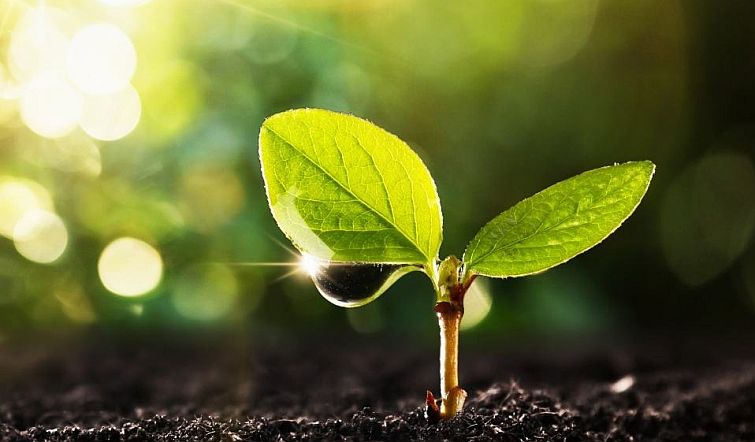
Reducing the use of water is another sustainable practice which reduces costs and makes environmental sense. There are a number of solutions to be explored from simple plumbing options to full water systems.
- Low flow fixtures for sinks, showers
- Low or dual flush toilets
- Optional less frequent laundering of towels, linens
- Rainwater harvesting and reusing water (grey water)
- Desalination/reverse osmosis for drinking water
Wayaj hotel member, Tranquilo Bay Eco Adventure Lodge in Panama, has storage for 80,000 gallons of rainwater, enabling the use of 1500 gallons a day. They produce their own drinking water using micron and UV light filtration. Listen to Renée Kimball, co-founder of Tranquilo Bay in the November edition of Responsible Travel Makers on eco adventure tourism as she describes all of their sustainable practices.
Tip #4: Reduce energy consumption
This sustainable practice undeniably reduces costs long-term and has a direct impact on the reduction of carbon emissions. Again there are a number of simple low cost options as well as investments into renewable energy.
- Switch to LED lighting
- Motion sensor lighting
- Energy efficient appliances
- Alternatives to air conditioning
- Guest advice about reducing energy consumption
- Solar power for hot water
- Photovoltaic, wind power, geothermal, hydro and biofuels for electricity
Wayaj hotel member, LooLa Eco Adventure in Indonesia, has recently installed solar panels for electricity where they have been able to take part in a net metering system. They are 70% self-sufficent and plan to get to 100% very soon. They are spending 20 times less on electricity! Listen to LooLa CEO, Marc van der Loo, explain how this works and all their other eco initiatives in the November edition of Responsible Travel Makers on eco adventure tourism
Tip #5: Reduce waste
The reduction of waste is another cost saving exercise which is easy to do and makes clear environmental sense. Waste covers plastic, paper/cardboard, metal, glass and food.
The ultimate goal is to reduce waste sent to landfill or incineration. So this would mean recycling, reusing, composting and donating.
At Wayaj hotel member, Bawah Reserve in Indonesia, no single use plastic is used on the island, all paper is mulched, food waste is composted and crushed glass is used to filter their water which is produced by desalination.
Listen to Bawah Reserve’s General Manager, Raymond Saja, talking about waste management and all their other sustainable practices in the October episode of Wayaj’s Responsible Travel Makers webinar about conscious luxury.
Tip #6: Involve your staff

Implementing sustainable practices is often reliant on the involvement of your staff and if they are on board that will really show guests how committed you are to making changes for the planet. Staff can become excited about being part of these initiatives and will often start to follow the same practices at home. This automatically increases the impact of the hotel’s actions and becomes an extended education process.
At Wayaj member hotel, Dar al Houssoun in Morocco, the staff have started to reduce plastic in their own homes . Listen to founder, Ollivier Verra tell us about the sustainable foundations of his hotel in the July episode of Wayaj’s Responsible Travel Makers webinar series.
Tip #7: Change your narrative
One really important element of embracing sustainability is that you change your narrative as well. Make sure that guests realise very easily how you are committed to saving the planet but also to creating an enhanced guest experience.
Think about a guest searching for a place to stay and there is the choice between two similar hotels in terms of facilities and price. But one is doing lots of things to protect the surrounding environment and the local culture, which one do you think they will choose?
So make sure you show you are proud about your involvement in fighting the climate crisis and saving the planet.
If you look at the websites of any of the Wayaj hotel members mentioned in this blog, you will quickly understand that sustainability is rooted in their operations and at the heart of what they offer to their guests.

